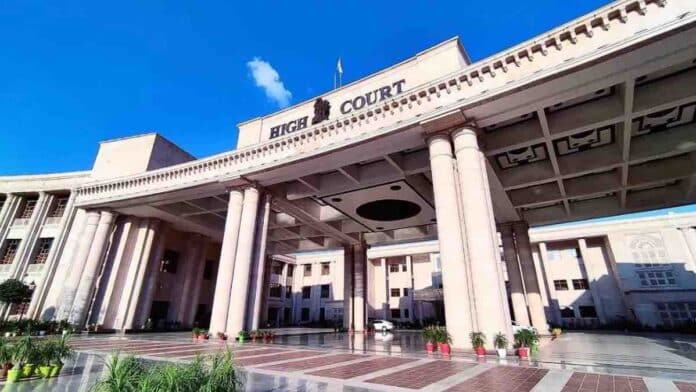A Division Bench of the Allahabad High Court, Lucknow Bench, comprising Justice Sangeeta Chandra and Justice Mohd. Faiz Alam Khan, has acquitted Jaimangal Yadav in a decades-old murder case. The court emphasized that “manifest illegality cannot sustain conviction,” citing serious flaws in the trial court’s reliance on weak and inconsistent evidence. Adv Abhineet Jaiswal was
To Read More Please Subscribe to VIP Membership for Unlimited Access to All the Articles, Download Available Copies of Judgments/Order, Acess to Central/State Bare Acts, Advertisement Free Content, Access to More than 4000 Legal Drafts( Readymade Editable Formats of Suits, Petitions, Writs, Legal Notices, Divorce Petitions, 138 Notices, Bail Applications etc.) in Hindi and English.




